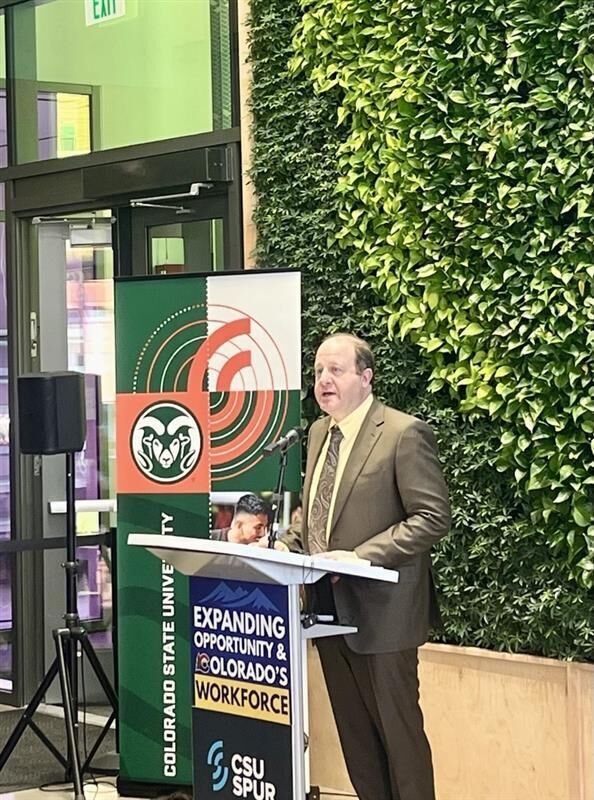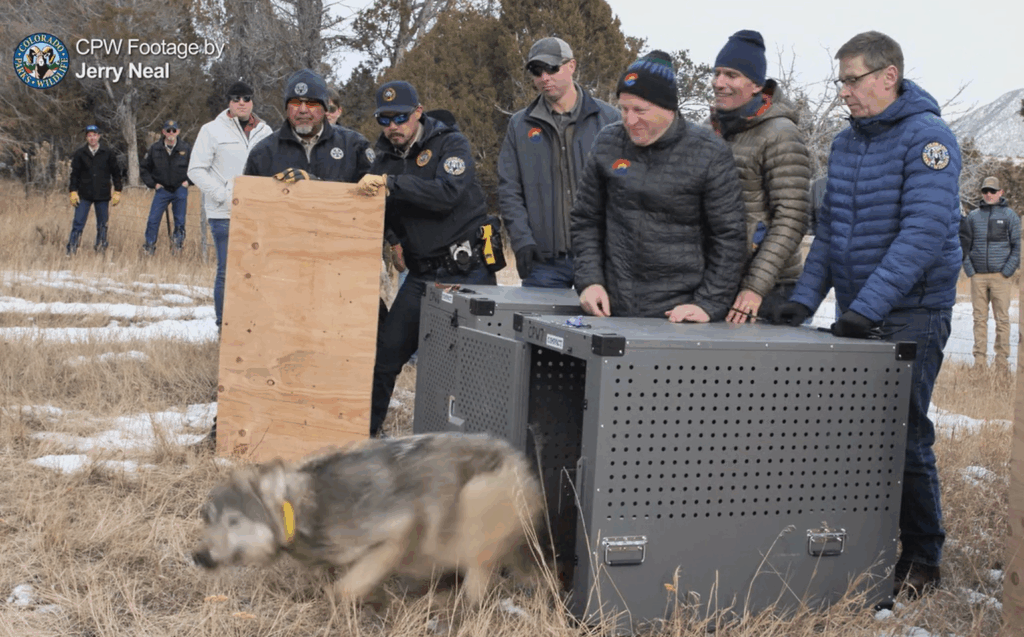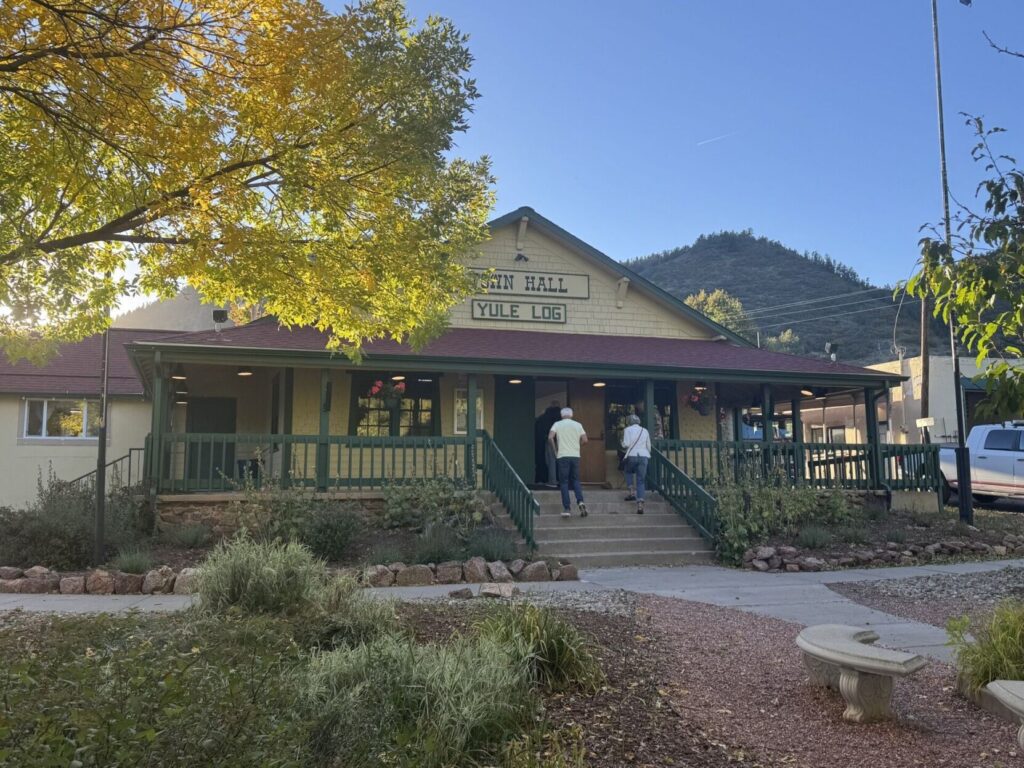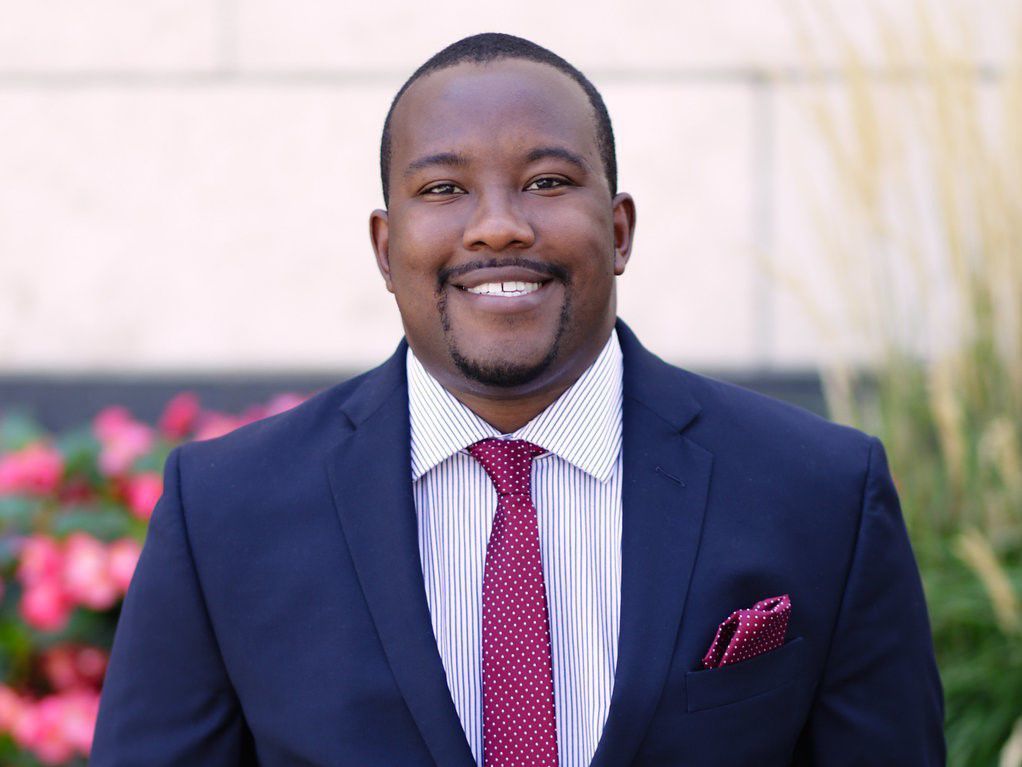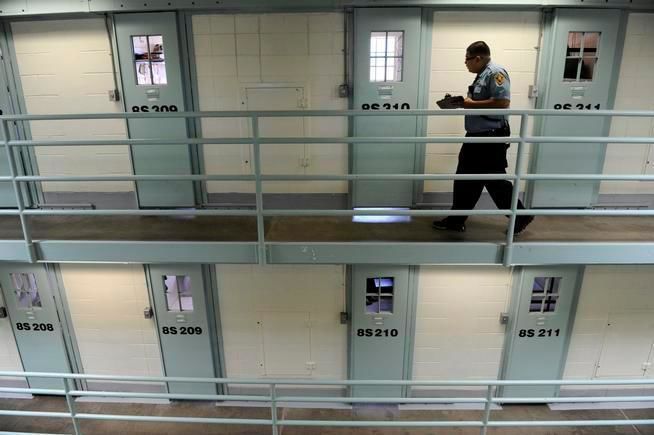YESTERYEAR: Colorado represented in national party leadership, albeit controversially
Different times, they were, but so much the same
… Twenty Years Ago This Week in the Colorado Statesman … Coloradans were in a proud position. The state’s very own were to head both of the nation’s major political parties. Gov. Roy Romer acknowledged that his new post as general chairman of the Democratic National Committee – yes, while still governor – would make a 1998 run for U.S. Senate “less likely.”
Romer admitted that it would be impossible “to wear three hats” – governor, DNC general chair, and U.S. Senate candidate – but also said he had not made a final decision whether to run or not.
During a press conference to discuss his surprise ascension to the DNC post, the governor said that President Bill Clinton had called him the day before the legislative session began, asking him to resign the governorship. Clinton wanted Romer to end his third term early to become a full-time manager of the DNC, which at the time was under scrutiny for being suspected of having accepted improper financial contributions from Indonesian businessmen during the previous election cycle.
Romer felt he was in a bit of a pickle, saying that, while he had not wanted to resign as Colorado’s chief executive, he hesitated to turn Clinton down flat. “When the President of the United States asks you to do something, even if it’s not something you want to do, you take that seriously,” Romer said.
Romer traveled to Washington D.C. to discuss the situation face-to-face with Clinton and national Democratic leaders, and agreed to take a position with the DNC similar to that held by U.S. Sen. Christopher Dodd, D-Conn. While serving in the Senate, Dodd had also held the position of general chairman simultaneously from 1995-1997, acting as the party’s national spokesman. Meanwhile, Donald Fowler ran the day-to-day operations, serving as national chairman.
Deciding to mirror Dodd, Romer said he would concentrate on media relations, fundraising and reforms in the organization’s procedures. The implementation of those reforms and the day-to-day management of the DNC would be handled by longtime national Democratic Party activist Steve Grossman. Romer said he and Grossman spent much of their time in D.C. hashing out the division of responsibilities, discussing possible reforms in the fundraising system and generally getting on the same wavelength.
“The President was very pleased on Monday that we’d worked it out,” Romer said. Not everyone was equally thrilled, however. U.S. Senator Wayne Allard echoed Clinton’s initial concerns, calling on Romer to resign the governorship immediately.
“The people of Colorado rightfully expect their full-time, statewide officials, to be just that, full-time,” Allard said. “I am not certain Gov. Romer has the capacity to serve the people of Colorado while taking on the equivalent of a full-time, highly partisan, national political party chairmanship.”
On the other side of the aisle, Jim Nicholson, former chairman of the Colorado Republican Party, emerged victorious as the new chairman of the Republican National Committee from a tough contest with six other Republicans. Nicholson, who served 10 years as vice-chairman of the RNC, beat out purported front-runners Steve Merrill, former governor of New Hampshire, and David Norcross, RNC counsel from New Jersey.
Nicholson had also been the true financial underdog in the race. His campaign cost about $160,000, while Merrill and Norcross spent roughly $250,000 apiece.
Thwarting a last-minute attack by Colorado Republican chairman Don Bain – who had released a highly critical letter to fellow RNC members on the eve of the election – Nicholson prevailed. Bain, in essence, had outlined why Nicholson was not qualified for the national post. But most of the members weren’t having any of it, with Bain’s onslaught having little influence over electors. The final tally on the fifth ballot was 74 for Nicholson, 43 for Merrill and 47 for Norcross.
… Meanwhile back home in Colorado … Republicans down south were allegedly holding clandestine meetings to seize control of the state GOP. Since the beginning of 1996, El Paso County GOP chairman Bob Gardner claimed he had been the target of “character assassins.” In early January 1997, the ante was upped when Gardner stumbled upon a group of operatives within the county party central committee whom he believed were on a mission to seize control of county and state party organizations.
Gardner crashed an “invitation only” meeting of nearly 100 Republican precinct leaders who defined themselves as “true conservatives,” and were on unquestionably unfriendly terms with Gardner.
“You can just call them ‘friends of Carrie’,” said Carrie Gordon, a public policy researcher for Focus on the Family. Gordon said out of the goodness of her heart she hosted a private meeting to “educate and motivate grassroots people” or “true conservatives.”
The “true conservatives” defined themselves as “fiscal and social conservatives versus traditional Republicans who are fiscal conservatives and social liberals,” Gardner said of the loose coalition of Christian Coalition members, Focus on the Family employees, Colorado Right to Life activists and patriot-constitutionalists.
Gardner said the old guard Republicans called them the “3 R’s, for radical, religious, right,” angrily describing the “secret meeting” as the mobilization of the “3 R’s” faction to take control of the party.
“Mr. Gardner should be ecstatic that almost 100 people left their homes on an icy night to get politically involved,” Gordon said, characterizing Gardner’s reaction as, “paranoid … I’m accused of overthrowing the party. It’s ridiculous.”
“It was a private meeting,” she said. “It was not associated with the Republican Party.” Gordon denied there was an agenda, but stated in regards to a copy of a flyer provided to The Colorado Statesman, “I didn’t put my name on it.”
The agenda printed on the flyer described the purpose of the meeting as “… to briefly explain the upcoming El Paso County Republican Central Committee Meeting … to elect a slate of candidates to run for State Central Committee Bonus Member … to secure a commitment from as many precinct committee people as possible to vote for in February … vote for the slate of bonus members chosen.”
… Ten Years Ago … Delegates begin prepping for DNC Denver 2008. Denver had just been selected to host the 2008 Democratic National Convention the week before. With the prospect of attracting national exposure and $150 million in economic development, it was indeed cause for celebration in the Mile High City.
…. A bill is introduced to attempt to reign in the reach of 527s … State Rep. Morgan Carroll, D-Aurora, introduced HB 1074 or the “Clean Campaign Act of 2007,” which, if passed, would pull the curtain back on those contributing to 527 groups.
Named for the section of the U.S. tax code, 527 groups were allowed to receive unlimited amounts of donations for use on political media, so long as they did not advocate the election of one candidate over another. A common criticism of 527s was that they could not be held responsible in the same way candidates are for the content of their ads.
“I think it has gone from a question of if it will pass to how it will pass,” Carroll said. “It sure looks like I am starting to get some support. I am cautiously optimistic that we can build a strong enough bipartisan coalition to get it passed and to the governor’s desk, but there are definitely some jitters flying around.”
HB 1074 stipulated that all expenditures on ads or “electioneering communications” as well as the source of the funds be disclosed within 48 hours “after the communication is broadcasted, delivered or distributed.”
The bill passed and was signed by Gov. Bill Ritter, and has since become the source of legal dispute in the Colorado Supreme Court.



